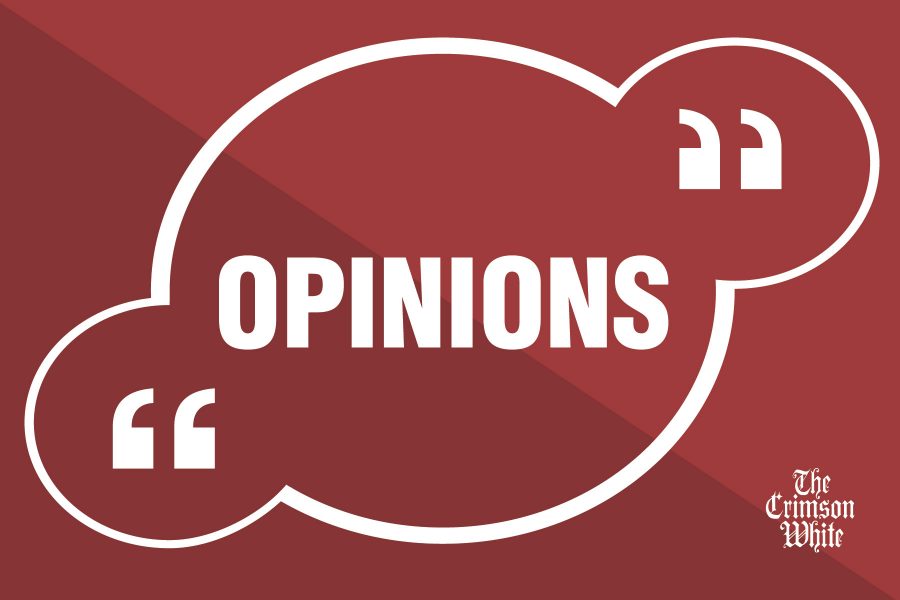Decrying regulations has become commonplace in American politics, ever since Reagan emphatically declared in his first inaugural address that “government is not the solution to our problem, government is the problem.” Conservatives in recent years have taken Reagan’s words to heart, culminating most recently in EPA Director Scott Pruitt’s confirmation hearing last month. During his confirmation hearing, Pruitt declared emphatically that EPA regulations destroyed energy jobs in his home state of Oklahoma, an assertion that was met with nods of approval from Republicans on the panel.
I would be hard-pressed to argue against Pruitt’s assertion. Regulations on natural gas and coal extraction, as well as the power plants that utilize these carbon-based resources, will inevitably make it more difficult for these specific industries to thrive. Regulations aimed at making our air cleaner and our water safer can cause concentrated job losses in certain areas, especially areas where there is little diversity in industry. These job losses affect real people with real families to provide for. Pruitt is not incorrect in this regard.
But while regulations can harm certain industries, national economies learn to adapt. If the government puts limits on car emissions, plants that manufacture Chevy Suburbans will be threatened, but plants that produce Nissan Leafs will thrive. Regulations that cause coal jobs to constrict will inevitably cause expansions in other energy sectors. While President Trump has pushed the narrative that he will “end the war on coal and the war on miners,” he has been mostly silent about the booming solar industry. The concept that air quality regulations may actually provide economic benefits does not fit into his narrative.
Regulations simply add another dynamic to a fluid economy. More often than not, the economy resets at a new equilibrium. Environmental regulations are no different. These regulations are implemented because Americans value clean drinking water and breathable air, more than they value a company’s bottom line. Regulations factor in that value. Unfortunately, some Americans are negatively affected, while others benefit.
In the United States, environmental regulations are rarely the created at the behest of “tree-hugging hippies” or “eco-warriors.” Rather, they are most often written with the goal of alleviating human health problems. While smog strangled cities like New York City and rivers in Ohio were set ablaze, Congress passed the Clean Air Act, Clean Water Act and numerous regulations to protect the health of Americans. Without these regulations, power plants could have continued to spout air pollutants with no regard for the downwind effects. Parents could never be sure the water coming out of school water fountains was safe to drink or if the paint in their child’s classroom contained lead.
Politicians fail to disclose the benefits that environmental regulations have provided to Americans: improved citizen health, decreased healthcare costs, boosted worker productivity, reduced long-term clean-up costs. But then again, this does not fit into the narrative that regulations are government interventions aimed at making Americans unemployed. It’s easier for them to sell “job-killing regulations,” as opposed to “job killing clean air policies.”
It’s easier for politicians to shift the blame for local job losses onto “regulations.” It sounds better for a quick soundbite or a campaign commercial. And maybe it fits better with the idea that legislators are the gatekeepers to job growth: “If you elect me, I will repeal these job-killing regulations and put you back to work.” And I agree that it would be tough to sell to an angry town hall that the regulations causing them pain have created jobs on the other side of the nation. That elected official would barely last one term, and probably would not see another.
But these politicians need to acknowledge reality. They need to face the truth that economies change, and some regions of the country may not benefit like they once did, no matter how many regulations are stripped away. It’s a tough reality to face, especially for the unemployed coal miner or the recently laid-off factory worker. Rising local unemployment undeniably puts any member of Congress on the hot seat. But maybe if these politicians put more effort towards adapting to new economies and bringing new industries to their districts, their seats would not feel quite as hot. Maybe if these legislators combated the loss of factory jobs by expanding access to affordable education and job training programs. Maybe if these politicians worked on a healthcare system that actually protected the unemployed or impoverished. But that would be too many words for a quick headline.
President Trump has recently declared a new initiative: for every new regulation, two old regulations will be repealed. This executive order is a testament of how reckless this “anti-regulation” rhetoric has become. Dismantling an entire agency tasked with protecting human health because you believe some regulations may be excessive is dangerous. You don’t treat a sprained ankle by amputating the leg. I would hard pressed to believe that the residents of Flint, Michigan or Jackson, Mississippi want legislators to weaken regulations on water quality. But sadly, these cities do not fit into the narrative.
Nathan Campbell is a junior majoring in environmental engineering. His column runs biweekly.









